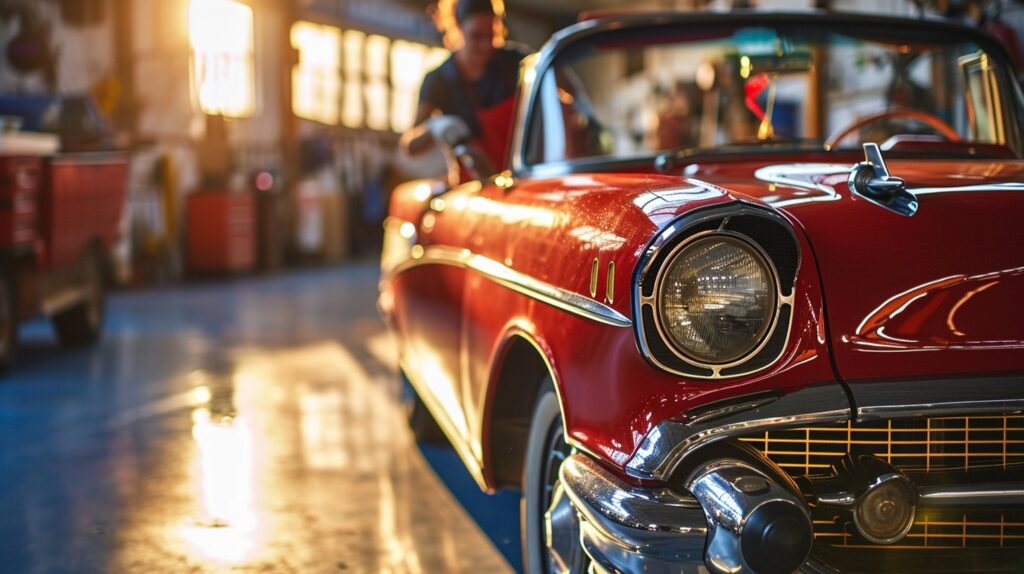Choosing your next car comes with one major question. Should you lease or buy? This decision affects your finances, your flexibility, and even how you enjoy your vehicle. While both options have benefits, understanding the differences can save you money and stress in the long run.
Understanding the basics
Buying a car means you own it. You either pay upfront or finance it with a loan. Once the payments are done, the car is yours. Leasing, on the other hand, is essentially renting a car for a fixed period, usually two to four years. You make monthly payments that are often lower than a loan, but at the end of the lease, you return the car unless you decide to buy it.
The financial perspective
When considering cost, leases usually have lower monthly payments compared to loans for the same car. This can make driving a newer model more accessible. However, buying a car gives you long-term value. Once the loan is paid, you no longer have monthly payments. The car also becomes an asset you can sell, trade, or keep for years.
Leases often include restrictions such as mileage limits and maintenance requirements. Going over the mileage or neglecting care can result in extra fees. Buying a car gives more freedom to use it however you like, but repairs and maintenance are your responsibility.
Flexibility and lifestyle
Leasing suits people who like having a new car every few years. If you enjoy driving the latest models with modern features, a lease can be appealing. It also works for those who do not want to deal with long-term maintenance issues since many leased cars are under warranty.
Buying a car fits those who want stability and long-term ownership. If you prefer to keep a vehicle for many years or drive extensively, ownership is usually the better option. A bought car can be customized, driven freely, and eventually paid off entirely.
Depreciation and resale
One of the biggest differences is how depreciation is handled. When you lease, you are essentially paying for the depreciation during the lease term. You never have to worry about selling the car later. When buying, you assume the full depreciation, which means the car loses value over time. This can be offset if you keep the car for several years, as eventually the cost of depreciation balances out with the freedom of ownership.
Insurance considerations
Insurance costs can vary between leasing and buying. Leased cars often require comprehensive coverage and may have higher premiums to protect the leasing company. When buying, you can adjust coverage as you see fit, potentially saving money on insurance once the car is older and worth less.
When leasing makes sense
Leasing is ideal if you want lower monthly payments, enjoy driving a new car frequently, and do not drive excessively. It works well for people who prefer not to worry about long-term maintenance or selling a car later. Leasing is also attractive if you want predictable costs and the option to switch vehicles every few years.
When buying makes sense
Buying is preferable if you plan to keep the car long term, drive a lot, or want the freedom to modify your vehicle. It makes financial sense if you want to eventually eliminate monthly payments and build equity in an asset. Ownership is also better for people who dislike restrictions such as mileage limits or penalties for wear and tear.
Making the choice
Ultimately, the decision comes down to lifestyle, financial priorities, and personal preference. Consider how long you plan to drive the car, how much you drive, and how important having the latest features is to you. Take time to calculate total costs for both options, including monthly payments, insurance, maintenance, and potential fees.
Both leasing and buying have advantages. Leasing can be cost effective in the short term and offers flexibility. Buying provides long-term value, freedom, and potential savings over time. By understanding your needs and priorities, you can make a choice that fits both your wallet and your way of life.


